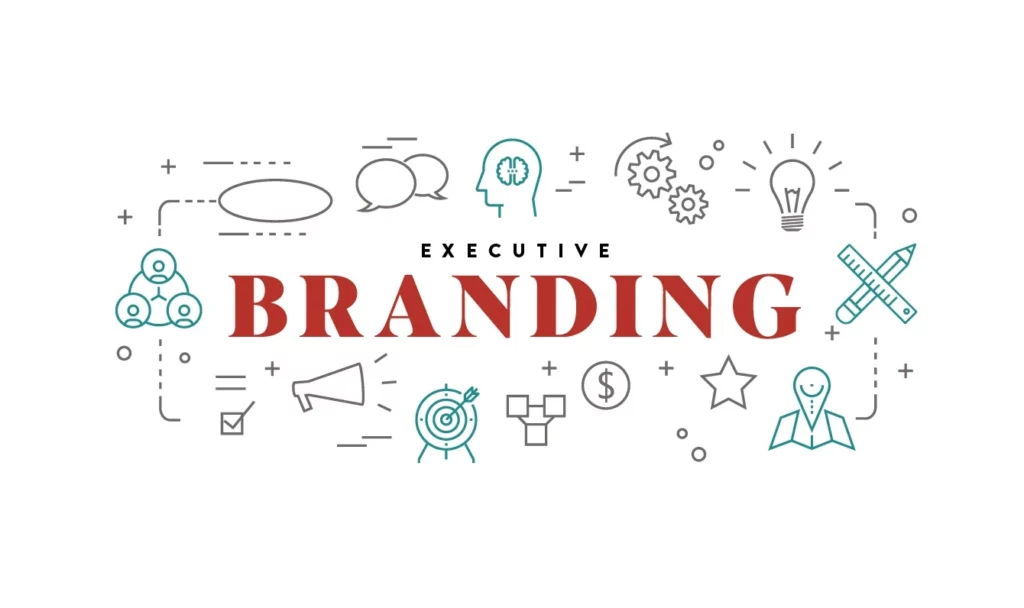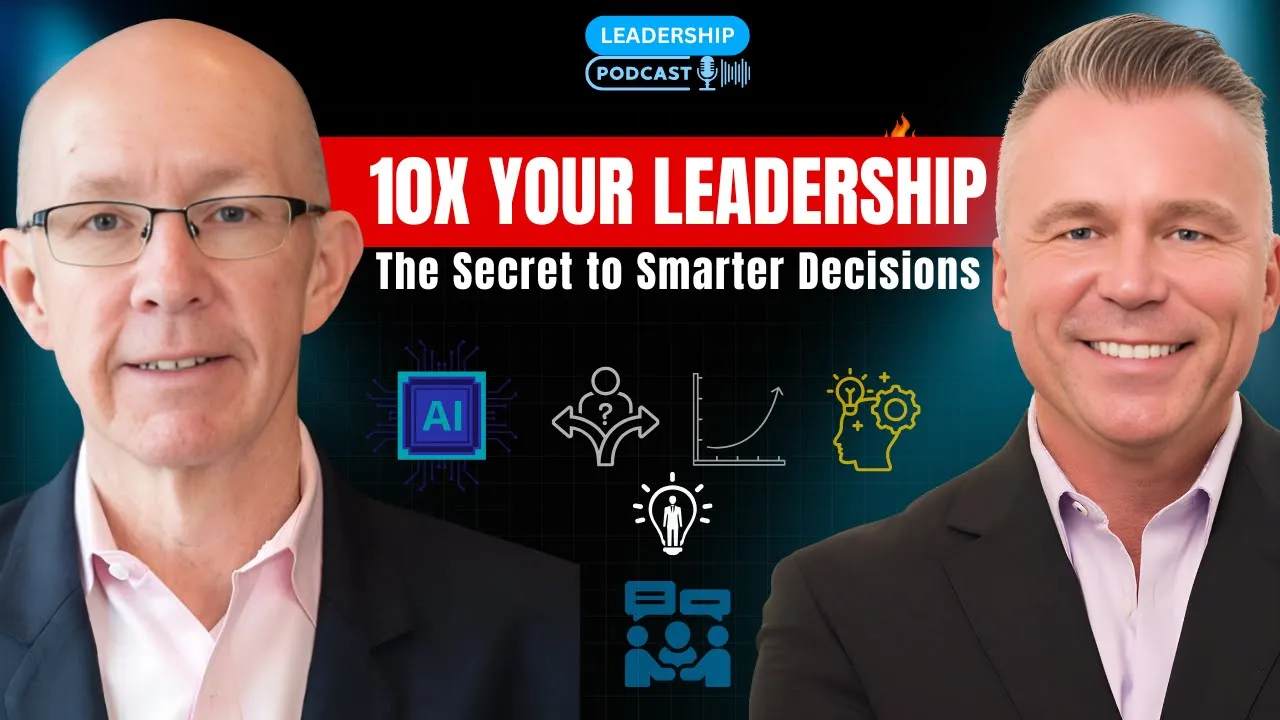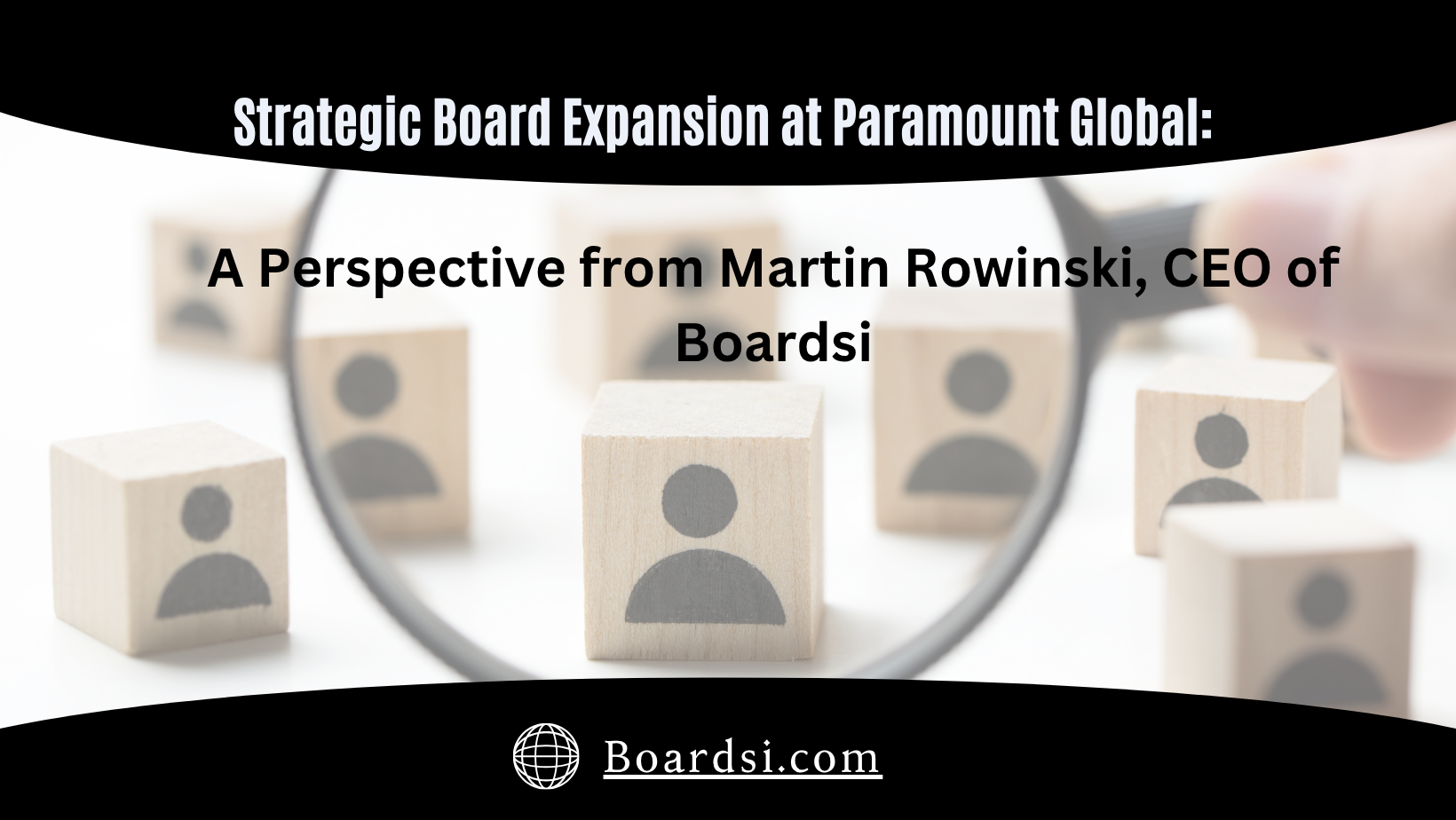Executive branding is the process of creating and promoting a personal brand for an executive or leader within an organization. It is important because it can help to build credibility, trust, authority, and visibility for the executive and the organization they represent.
One of the main benefits of executive branding is that it can help to establish the executive as a thought leader in their industry. By creating a strong personal brand, an executive can position themselves as a credible and knowledgeable expert in their field, which can help to attract new business and build stronger relationships with clients and stakeholders. This can also help the executive find and join a Board of Directors or Board of Advisors position.
Another benefit of executive branding is that it can help to build trust with employees and other stakeholders within the organization. When an executive has a strong personal brand, it can create a sense of confidence and stability within the organization, which can help to foster a positive work environment and increase employee engagement.
Executive branding can also be an effective tool for promoting the organization’s brand and values. When an executive is able to effectively communicate the organization’s mission and values through their personal brand, it can help to align employees and stakeholders with the organization’s goals and objectives.
Overall, executive branding is an important aspect of leadership and can have a significant impact on the success of an organization. By building a strong personal brand, executives can establish themselves as thought leaders, build trust with employees and stakeholders, and promote the organization’s brand and values.

There are several ways to build an executive brand:
- Develop a personal brand statement: A personal brand statement is a concise and clear statement that defines who you are as a leader and what you stand for. It should be authentic and reflective of your values, skills, and experiences.
- Build a strong online presence: Creating a professional website and social media profiles is a great way to promote your personal brand and reach a wider audience. Use these platforms to share your thoughts and insights on industry-related topics and to demonstrate your expertise.
- Network and connect with others: Building relationships with other leaders and influencers in your industry can help to establish you as a thought leader and increase your visibility. Attend industry conferences and events, and connect with others on LinkedIn and other professional networks.
- Publish content: Writing articles, blog posts, or whitepapers and publishing them on your website or industry-related publications can help to establish your expertise and thought leadership.
- Speak at events: Speaking at industry conferences, webinars, and other events can help to establish your expertise and increase your visibility.
- Volunteer for leadership roles: Once established online presents take on leadership roles within professional organizations or on boards of non-profit organizations can help to demonstrate your skills and values and show that you are committed to making a difference in your industry.
- Consistency: Consistency is key in building a personal brand. Be consistent in your message and actions. Avoid any actions or statements that are inconsistent with your personal brand.
By taking these steps, you can build a strong personal brand that helps to establish you as a thought leader and trusted advisor in your industry. This can lead to increased visibility, credibility, and ultimately, greater opportunities for career advancement.
Source: Martin Rowinski









